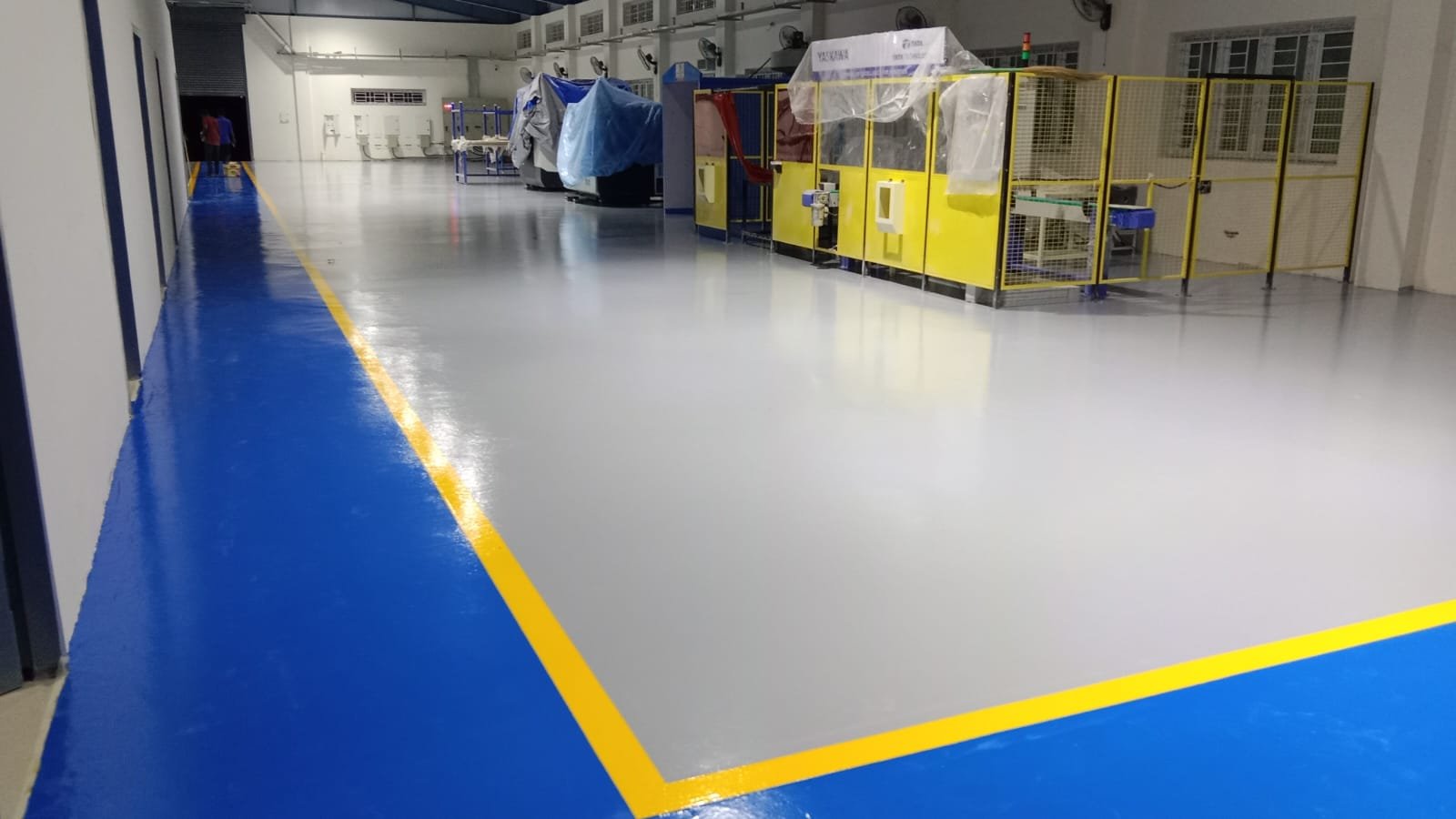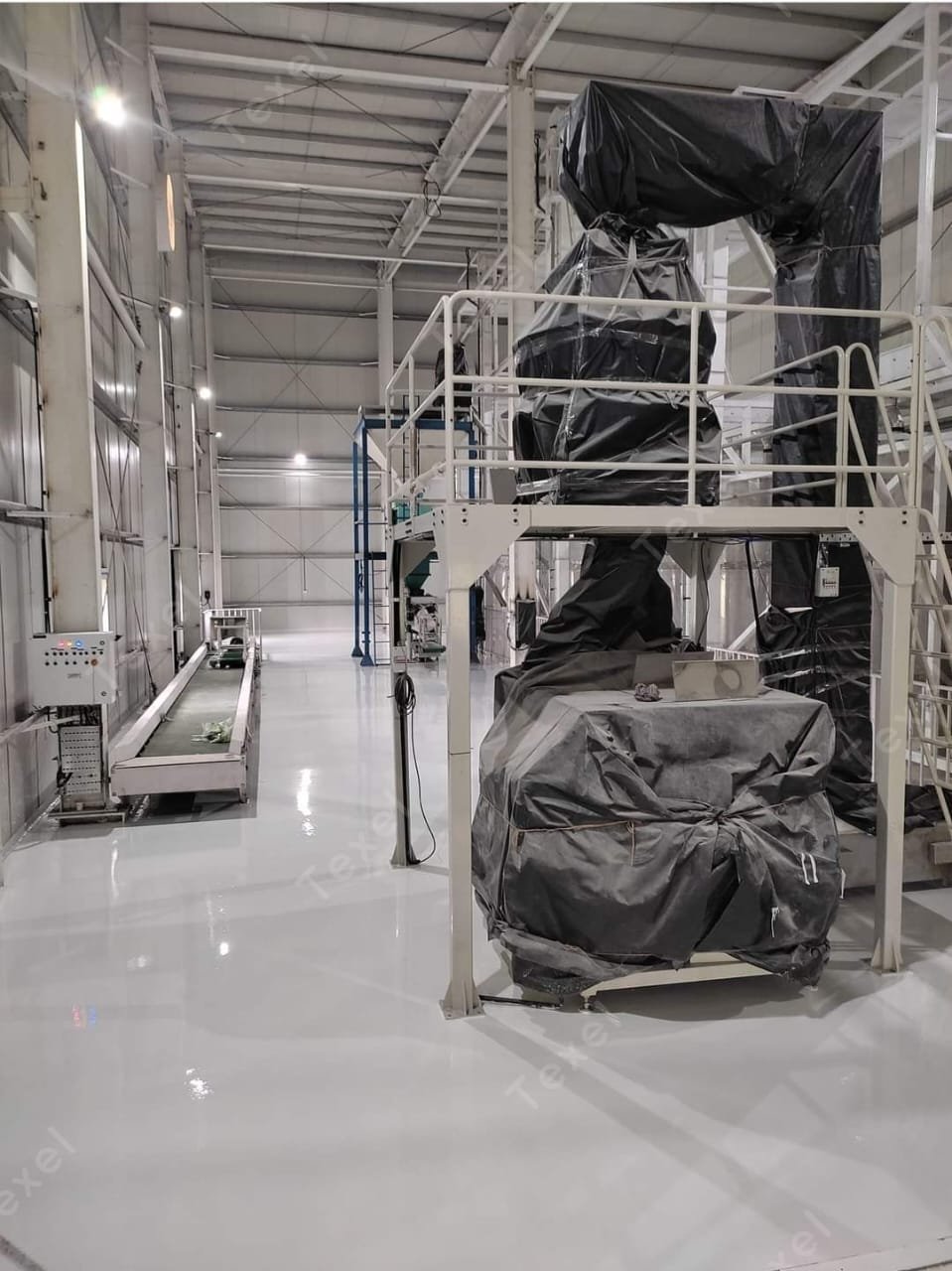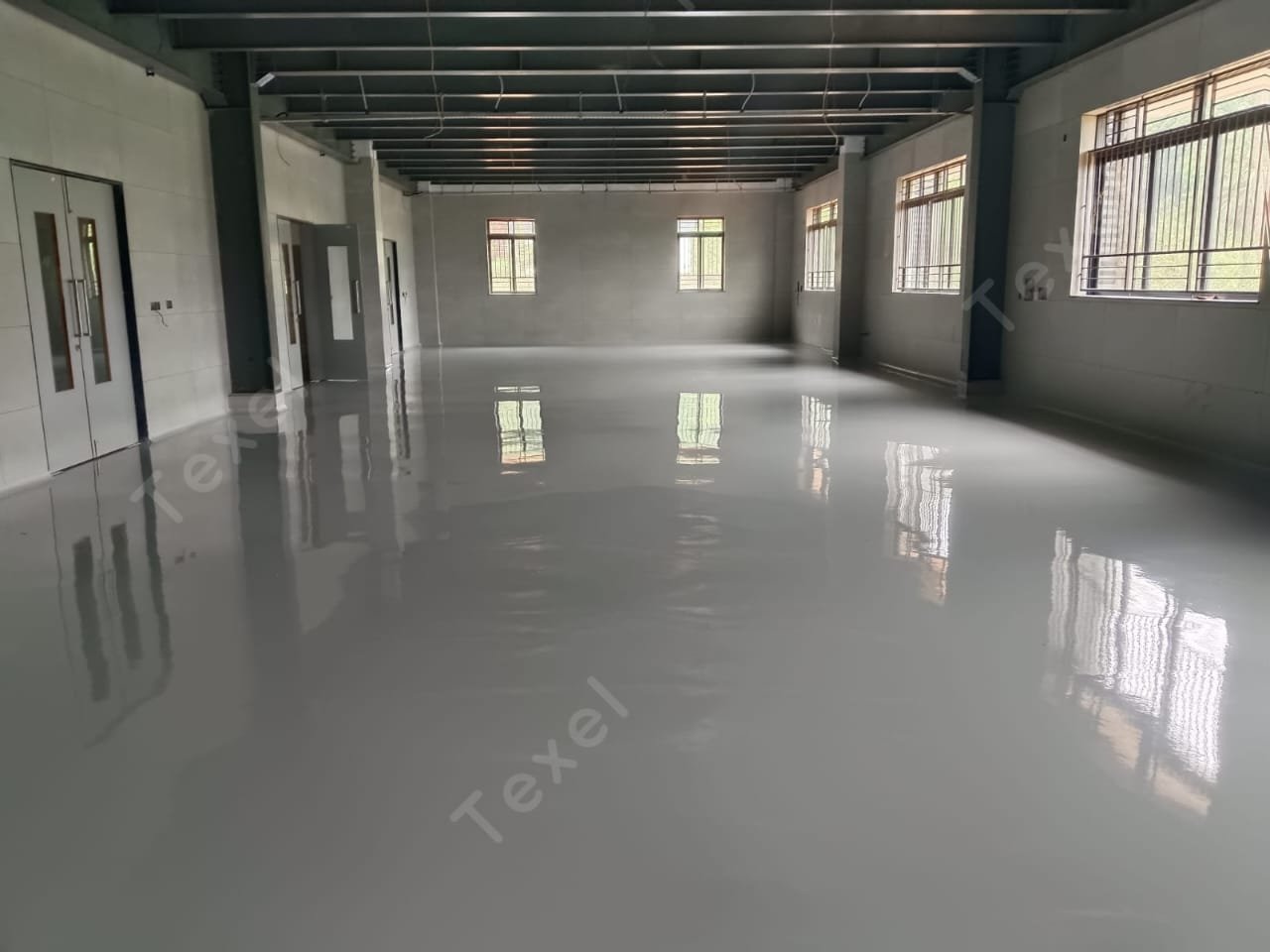IS EPOXY FLOORING IS WATERPROOF ?
IS
EPOXY FLOORING IS WATERPROOF?
INTRODUCTION
Epoxy flooring has emerged as a popular choice for various commercial
and residential applications due to its durability, versatility, and aesthetic
appeal. One of the primary features that make epoxy flooring stand out is its
remarkable waterproof properties. One of the most
notable attributes of epoxy flooring is its ability to repel water effectively.
The waterproof nature of epoxy flooring offers additional benefits beyond
protection against water damage.
ADVANTAGES OF EPOXY FLOORING
BEING WATERPROOF
Epoxy flooring
offers several distinct advantages due to its waterproof nature:
ü
Protection against Water Damage: The primary advantage of epoxy flooring being
waterproof is its ability to protect the underlying substrate, typically
concrete, from water damage. Moisture infiltration can lead to various issues
such as cracks, deterioration, and mold growth. Epoxy’s impermeable barrier
prevents water from seeping through, thus safeguarding the integrity of the flooring
and the structure beneath it.
ü
Durability: Epoxy flooring is renowned for its exceptional
durability, and its waterproof properties contribute significantly to this
attribute. By resisting water penetration, epoxy floors remain intact and
unaffected by moisture-related wear and tear. They are less prone to cracking,
chipping, or warping compared to non-waterproof flooring options, ensuring
long-term performance and longevity.
ü
Easy Maintenance: Waterproof epoxy flooring is inherently easier to
clean and maintain compared to absorbent materials like wood or carpet. Spills,
stains, and contaminants can be quickly wiped away without the risk of
absorption, resulting in a hygienic and visually appealing surface. Routine
maintenance tasks such as mopping or scrubbing are simplified, reducing
downtime and maintenance costs.
ü
Versatility: The waterproof nature of epoxy flooring enhances its
versatility, allowing it to be installed in a wide range of environments. From
industrial facilities and commercial kitchens to residential basements and
bathrooms, epoxy flooring can withstand moisture exposure without compromising
its structural integrity or appearance. This versatility makes it suitable for
diverse applications, providing a seamless flooring solution for various needs.
ü
Chemical Resistance: In addition to repelling water, epoxy flooring
exhibits excellent resistance to a variety of chemicals, including oils, acids,
and solvents. This chemical resistance further enhances its suitability for
environments where spills or chemical exposure are common, such as automotive
shops, laboratories, and food processing facilities. Epoxy floors maintain
their integrity even in harsh chemical environments, ensuring long-lasting
performance and safety.
ü
Enhanced Safety: Waterproof epoxy flooring can contribute to a safer
environment by preventing slip and fall accidents caused by wet or slippery
surfaces. The seamless, non-porous nature of epoxy eliminates water pooling and
reduces the risk of hazardous conditions, especially in high-traffic areas.
Additionally, some epoxy formulations can incorporate anti-slip additives to
further enhance traction and safety.
These benefits make epoxy flooring an attractive choice for various
applications where moisture resistance and long-term performance are essential
considerations.
CONCLUSION
Epoxy flooring’s exceptional waterproof properties make it a highly
desirable option for a wide range of applications. Whether in commercial,
industrial, or residential settings, its ability to withstand moisture and
provide long-lasting durability makes it a practical and cost-effective
flooring solution.
Related Posts
Leave a Reply Cancel reply
You must be logged in to post a comment.




